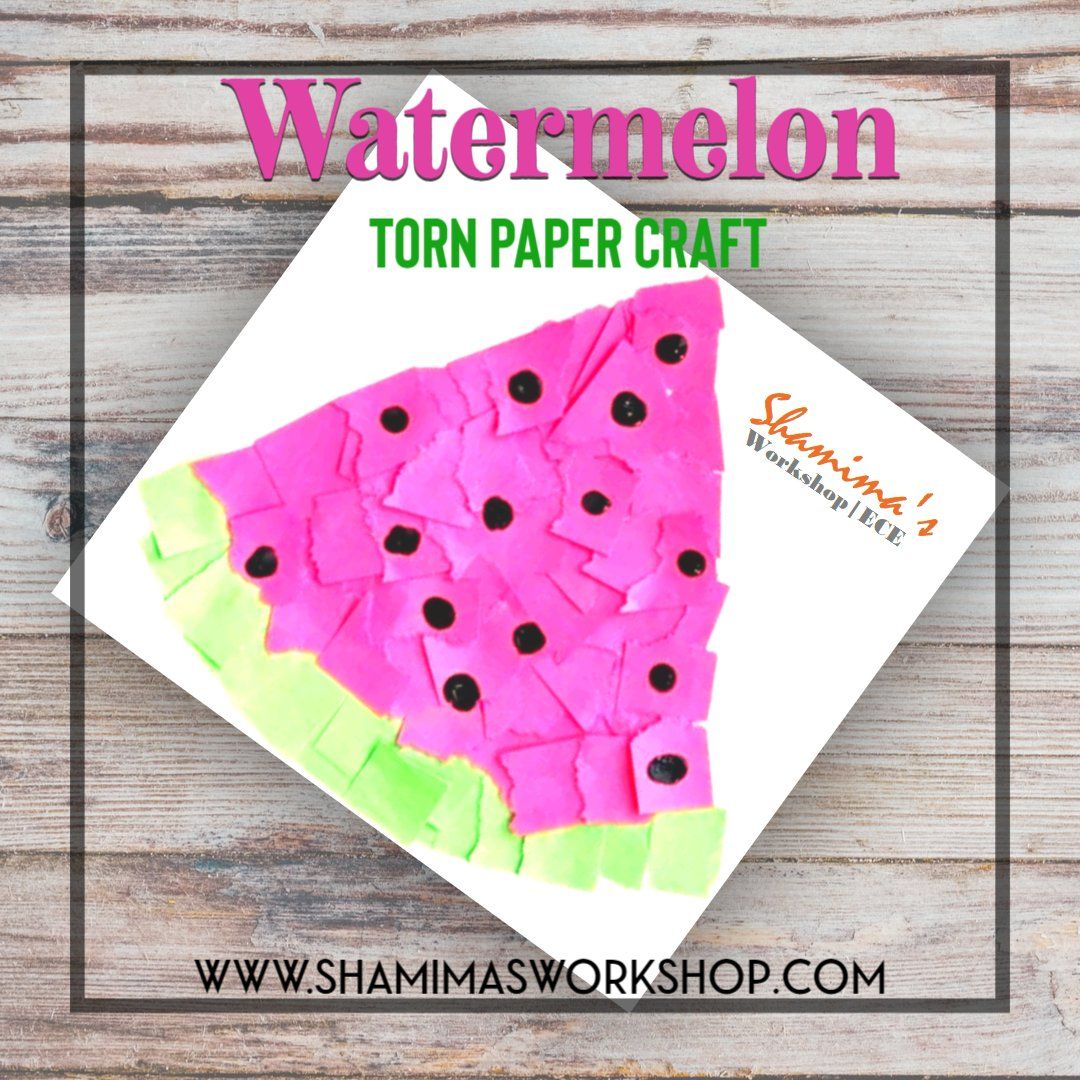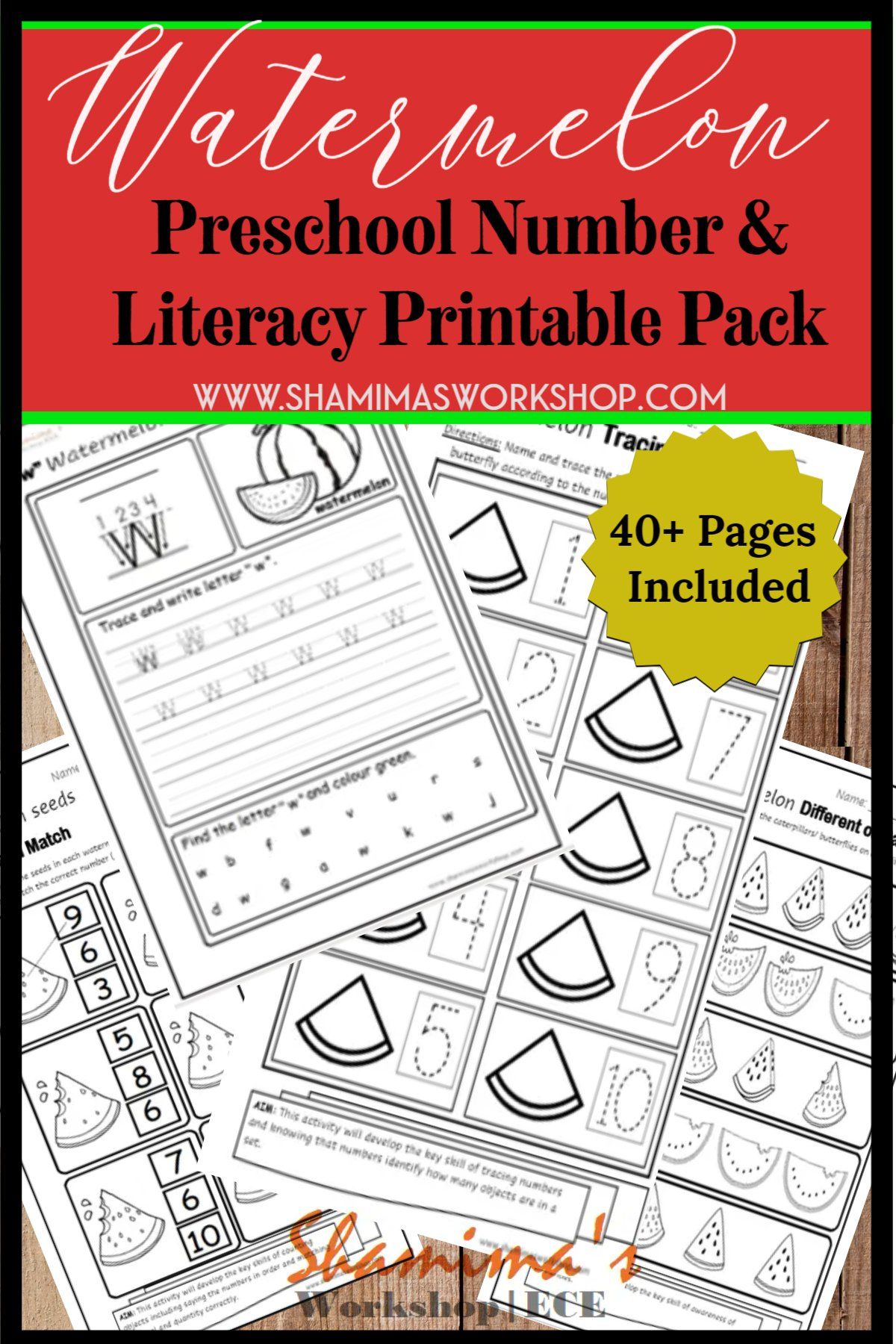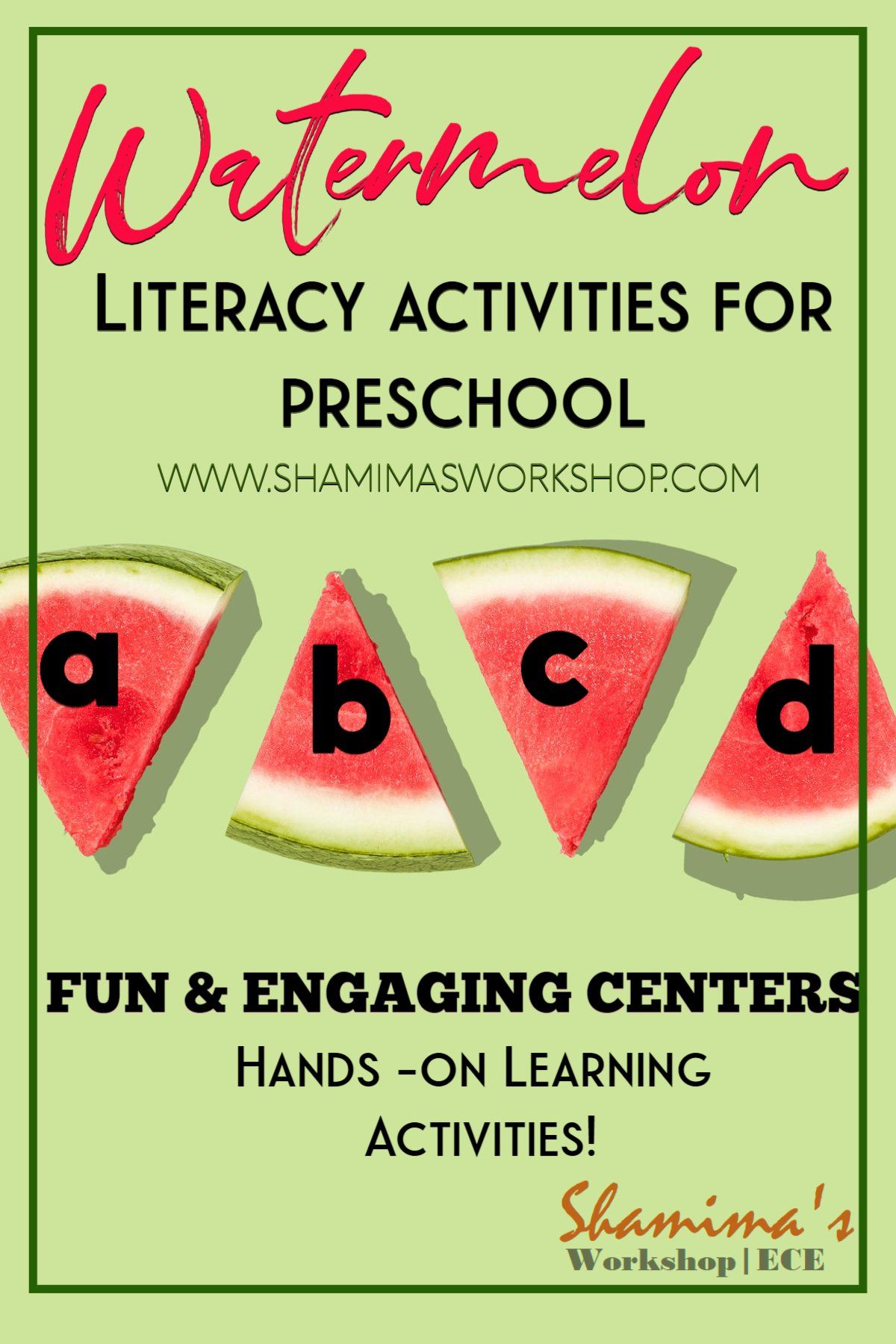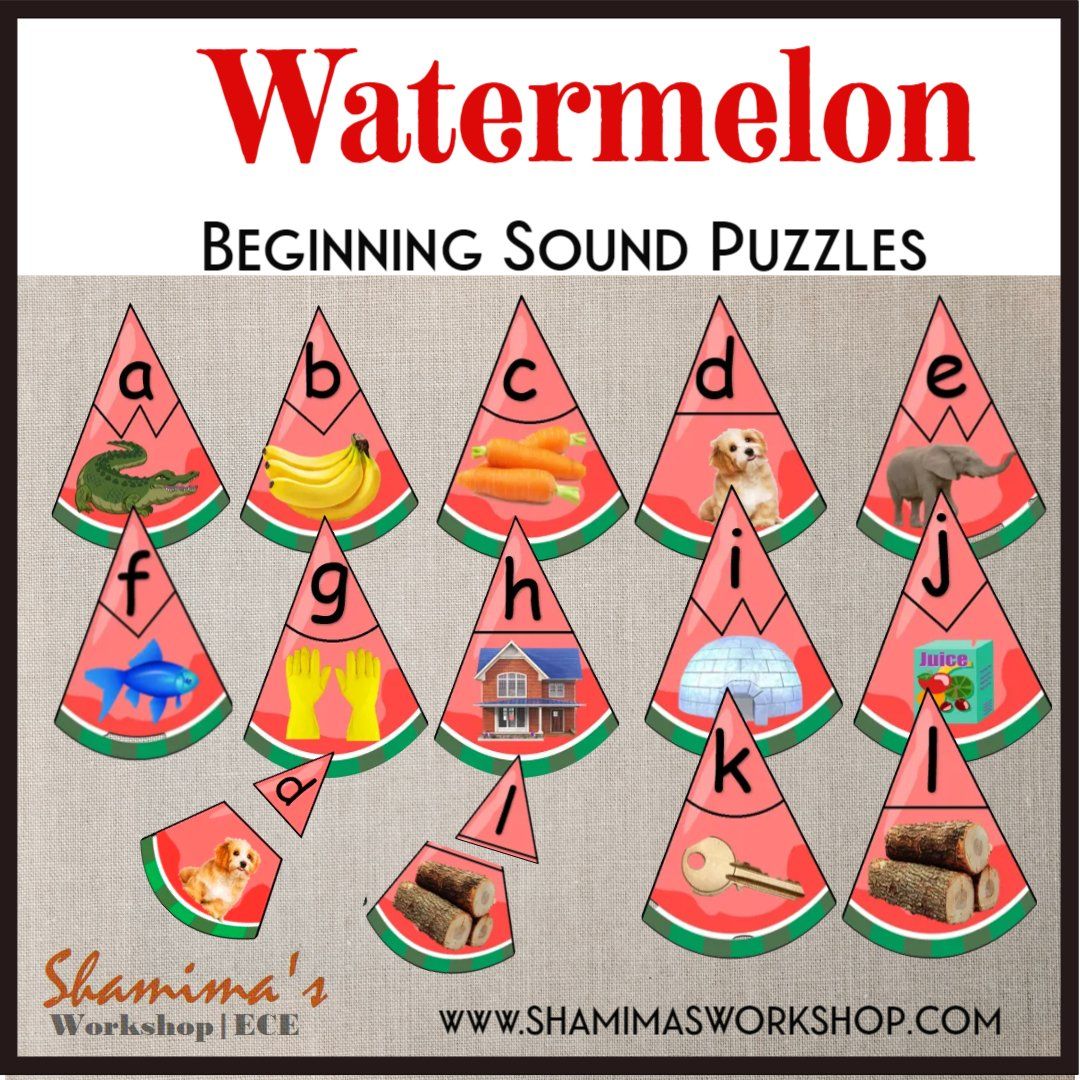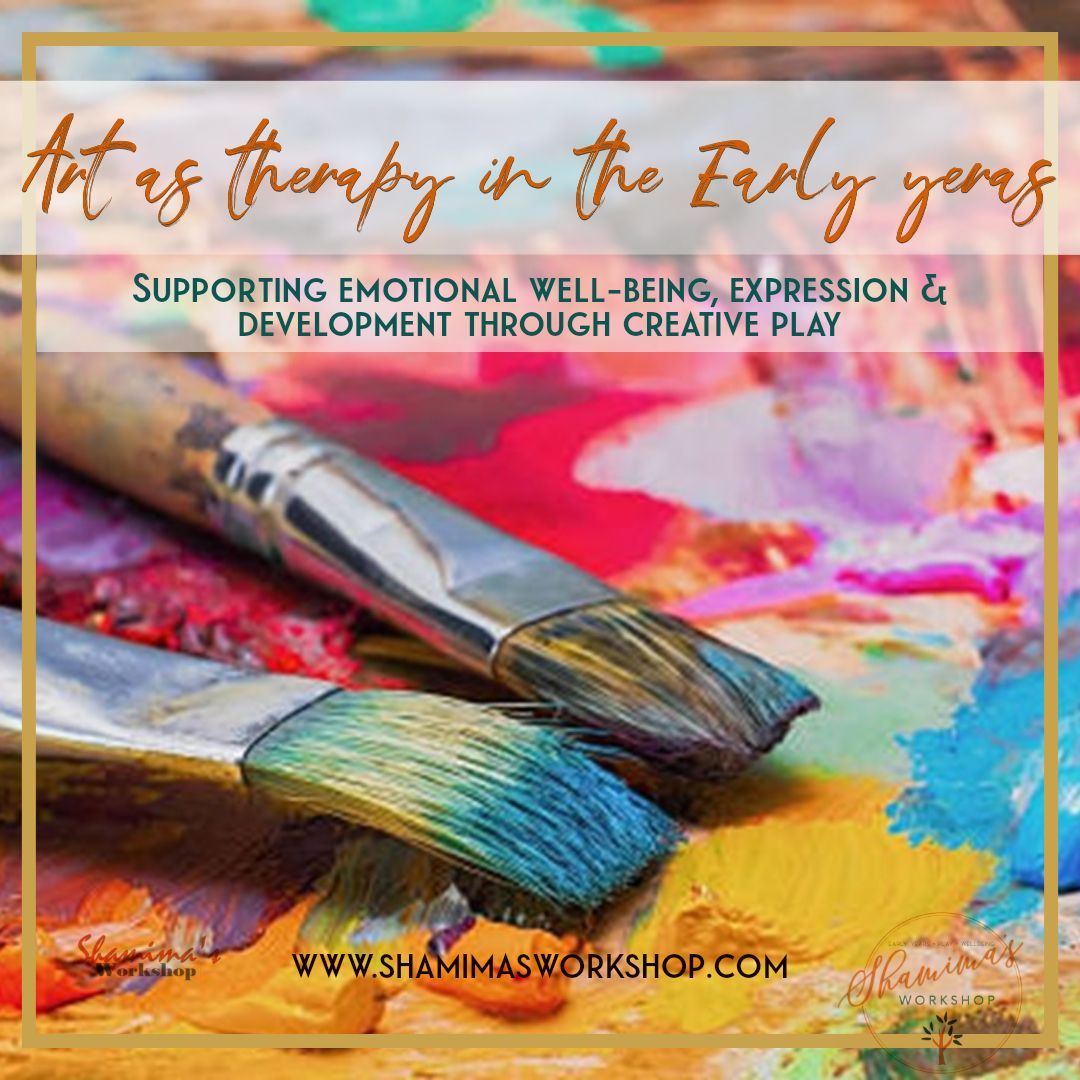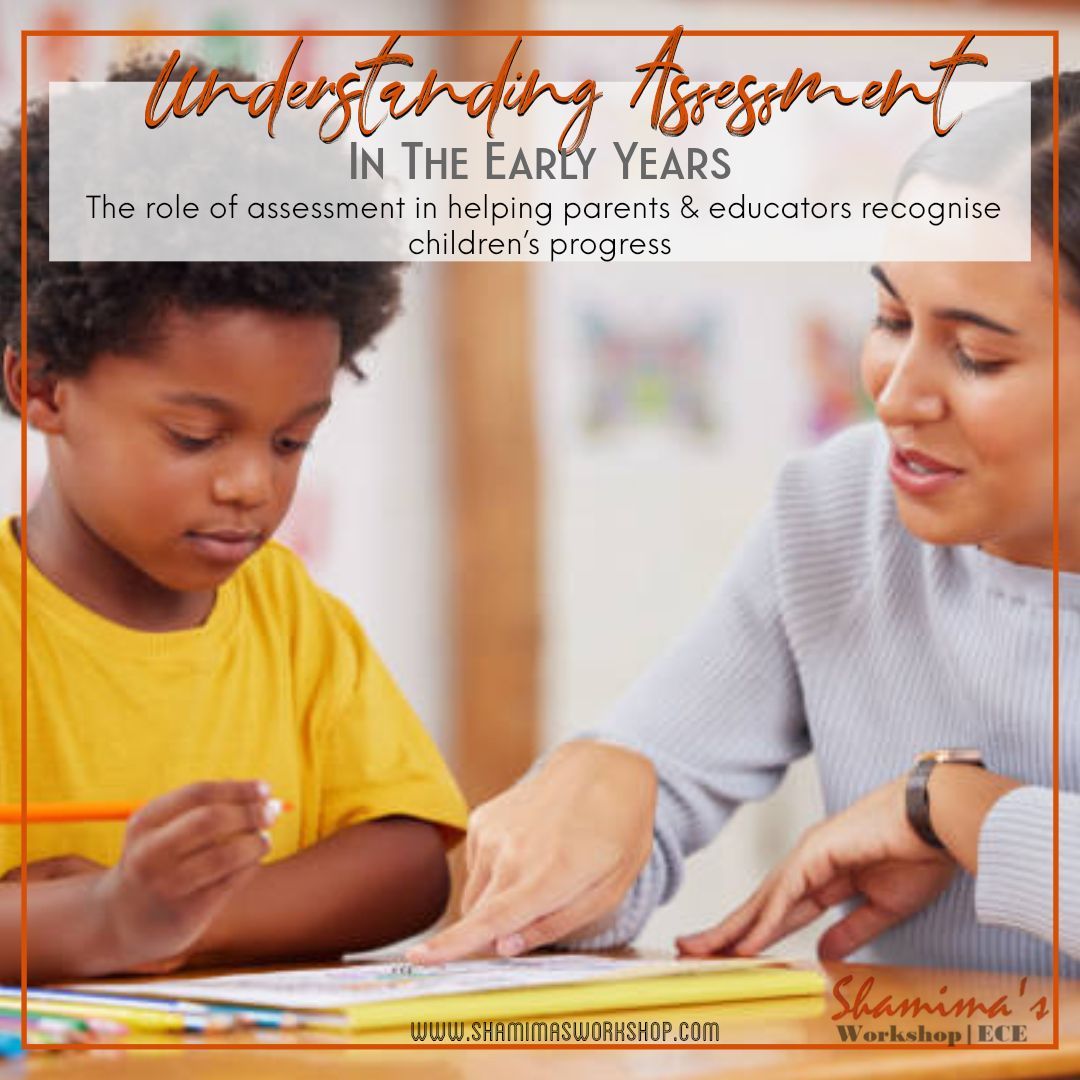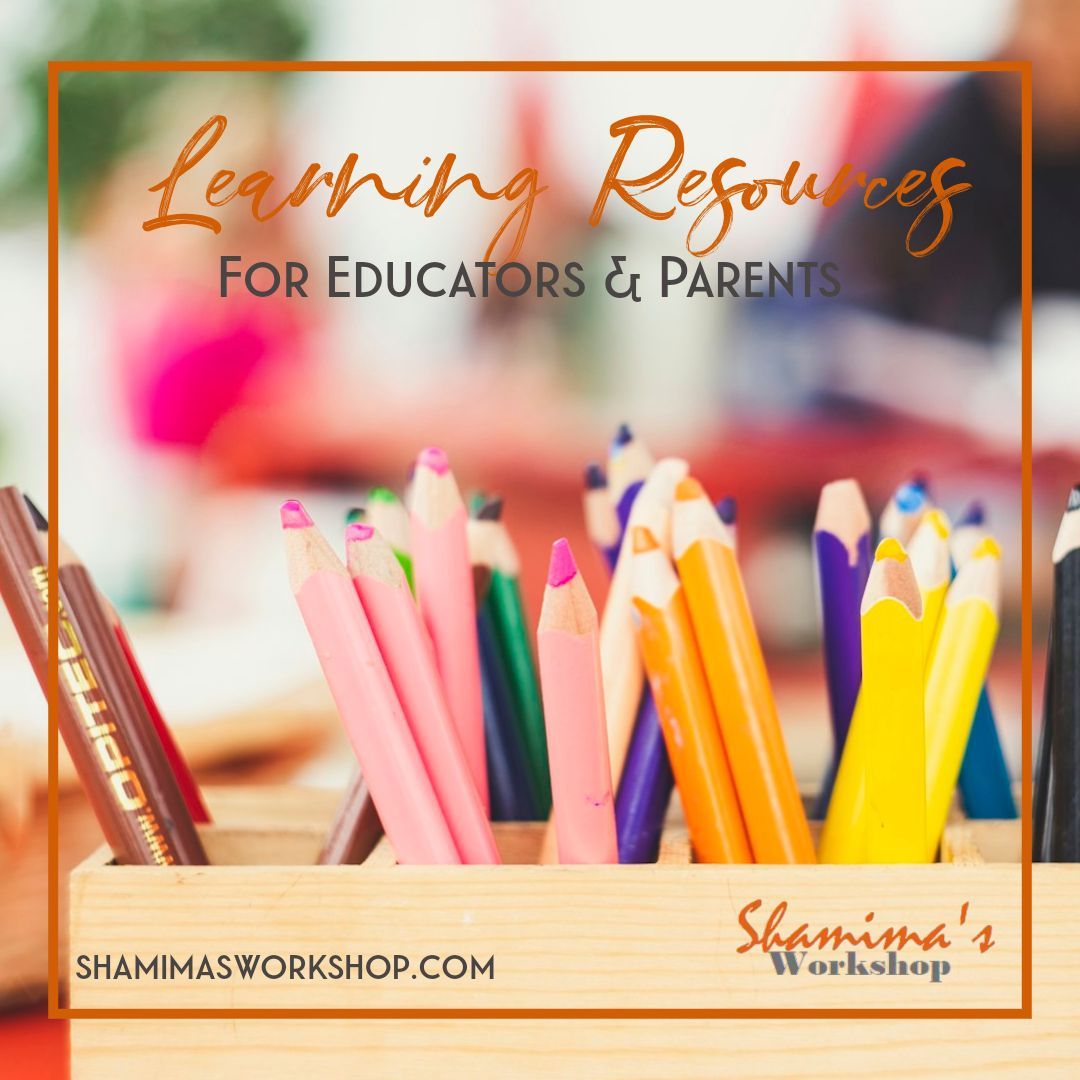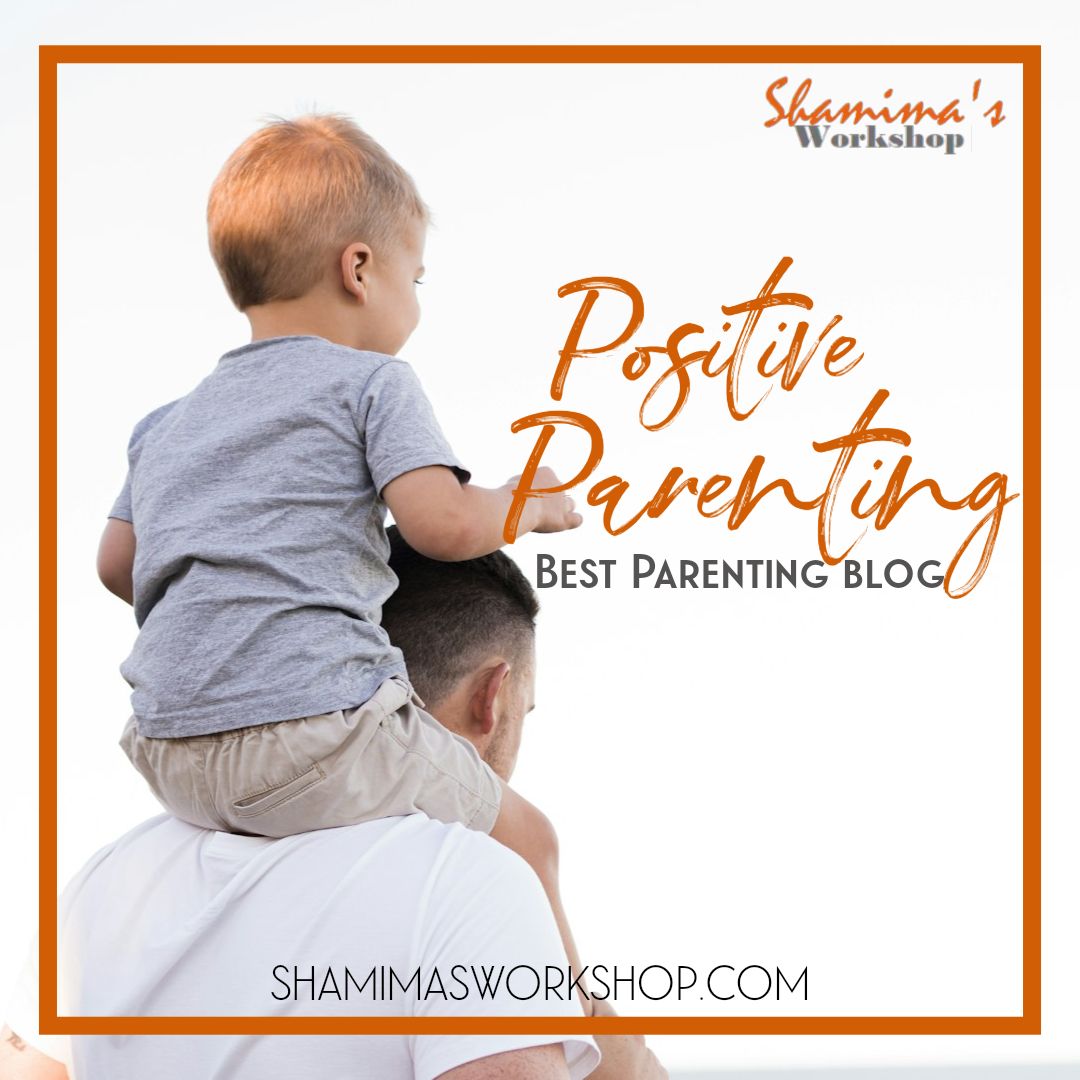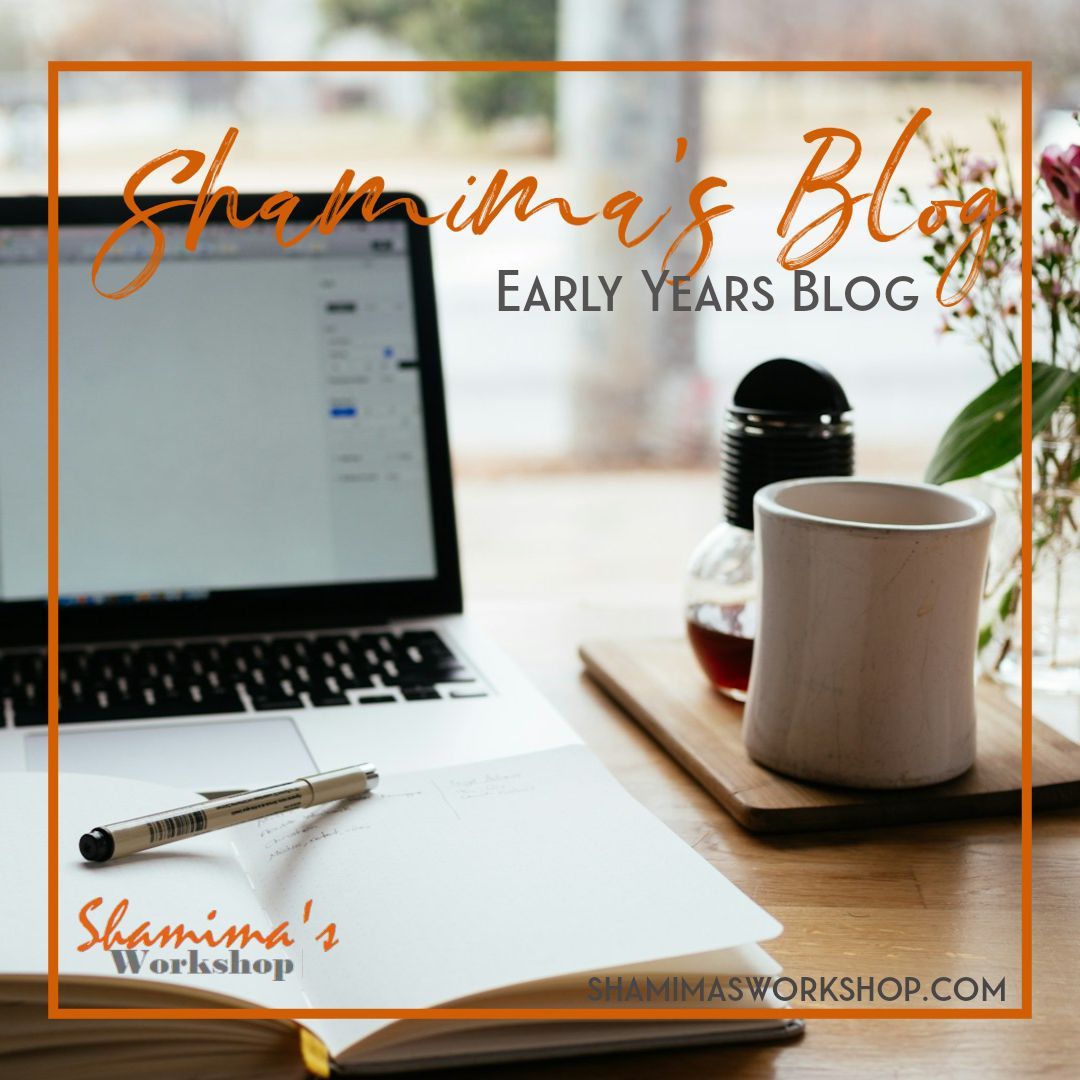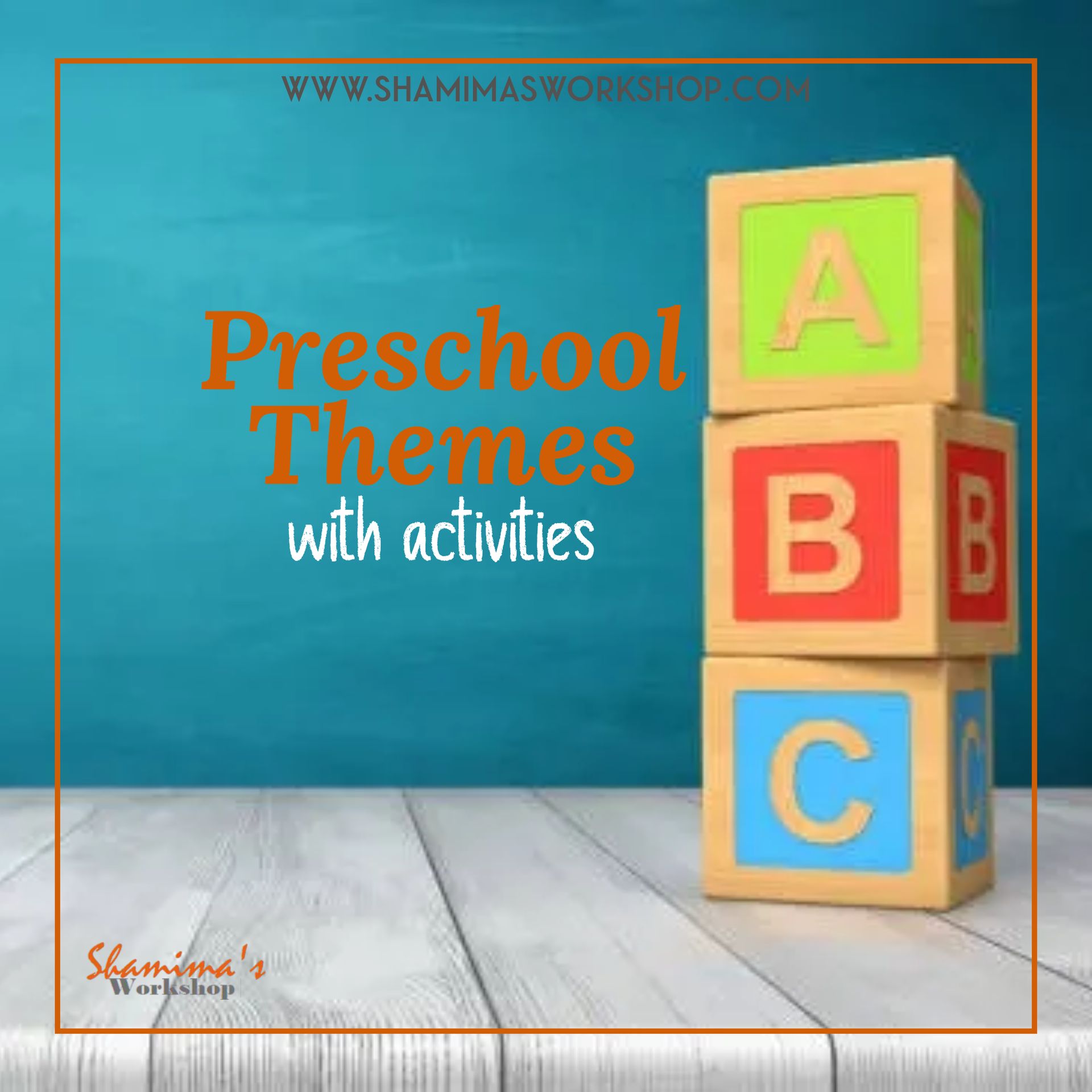Watermelon Preschool Theme
This is a subtitle for your new post
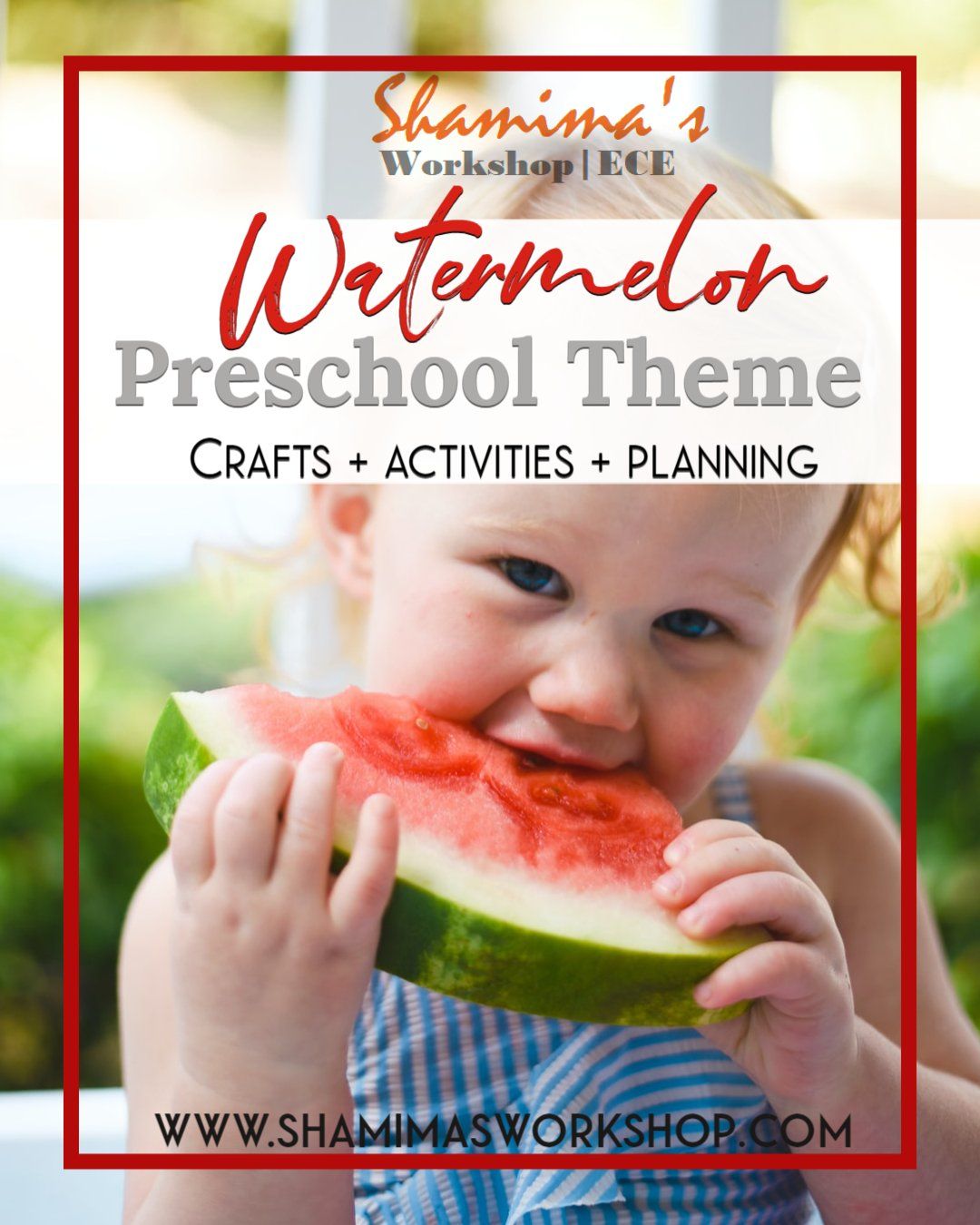
ART & CREATIVITY
WATERMELON TORN PAPER CRAFT
Watermelon Torn paper craft is a very simple summer craft, but it entertains for a while because the children have to take the time to rip up all of the paper pieces first. Give each child a glue stick and let them paste the pieces of red, pink, and green inside the slice to form a watermelon. We will finish this fun and hands-on watermelon craft with some fingerprints to represent the seeds. After carefully dipping the index finger into washable black paint, "seeds" were then dabbed all over the watermelon. This really is one of the cutest paper plate crafts.
WATEERMELON SPONGE PAINING CRAFT
Watermelon sponge painting craft interesting activity for toddlers and babies. Cut several sponges into triangle shapes, rounding the bottoms to give it the shape of a watermelon’s rind. Place the sponge in the paint and place on the paper, then use our finger to finger paint the rind of the watermelon with green paints and then dots again for the seeds with black paints.
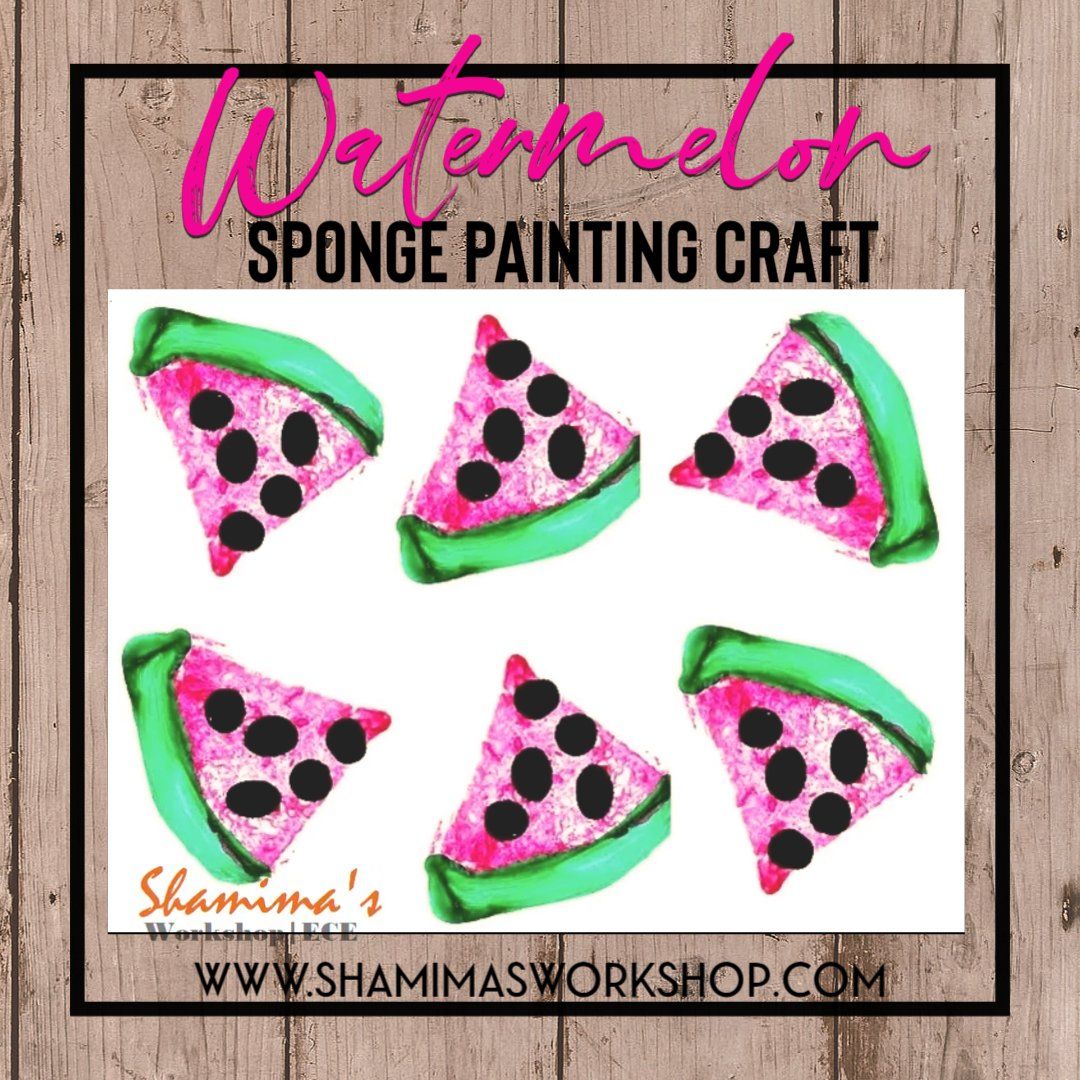
WATERMELON PUFFY PAINT CRAFT
Mixing glue, shaving cream, and food coloring in a bowl. Mix equal parts of glue and shaving cream. Stir it until you get stiff peaks in it. Take the red paint and start painting the inside of the watermelon and then take the green puffy paint and go around the outside to make the rind. Put dots all over the watermelon to make the seeds with black paint and you're done! This is the perfect summer activity.
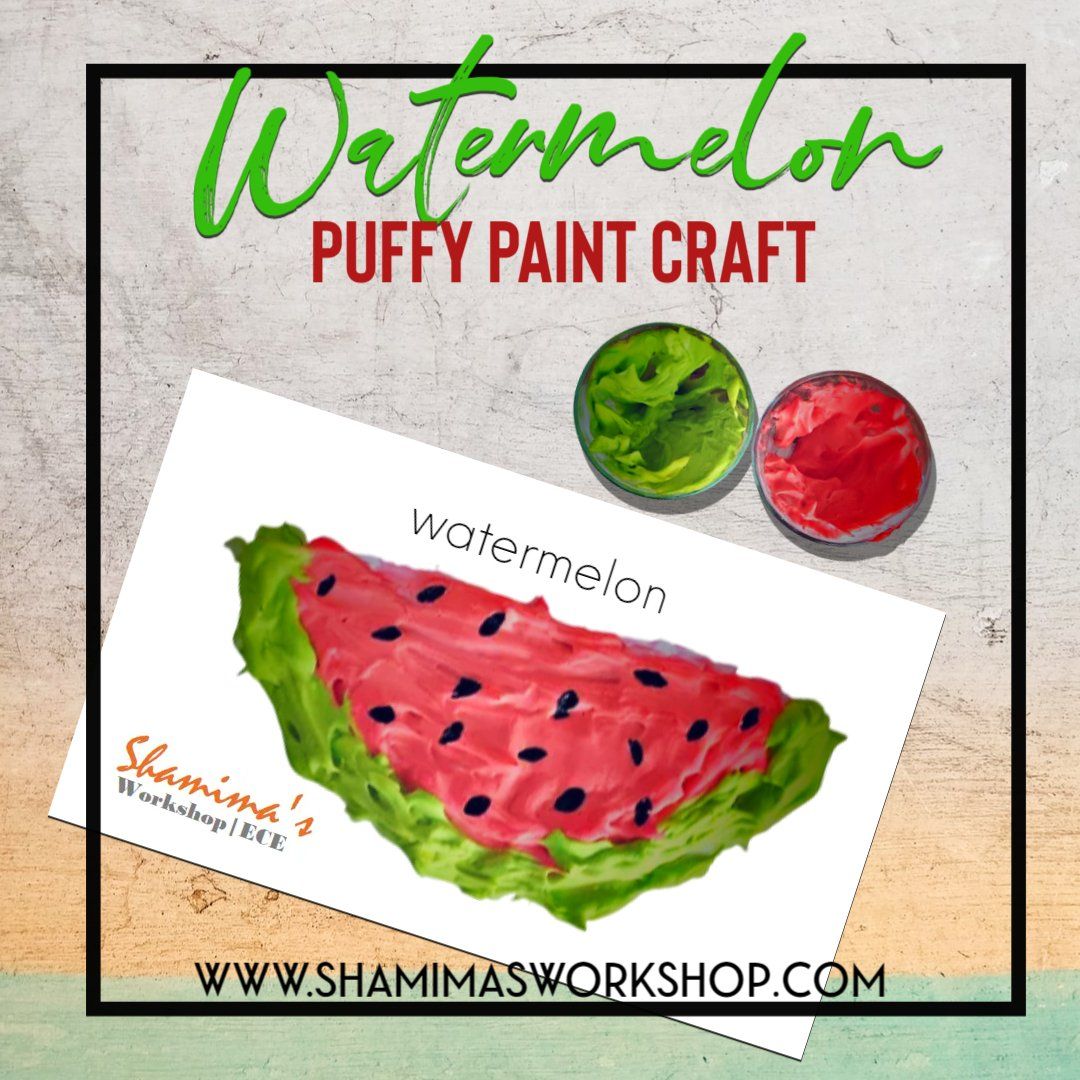
Grab your Pack!
PRINTABLE WATERMELON THEME LESSON PLANS
Save time and get right to the playful learning with our printable lesson plan sets. Each set includes over 30 playful learning activities related to the theme.
LANGUAGE & LITERACY
WATERMELON BEGINNING SOUND PUZZLES
Watermelon Beginning Sound Puzzles are not only an engaging way to learn, but they also help to develop important phonemic awareness skills. When teaching the alphabet, we’re not just teaching the letters but the beginning sounds they make as well. These Watermelon Printable Beginning Sound Puzzles are a fun way for your little learners to practice their letter sounds.
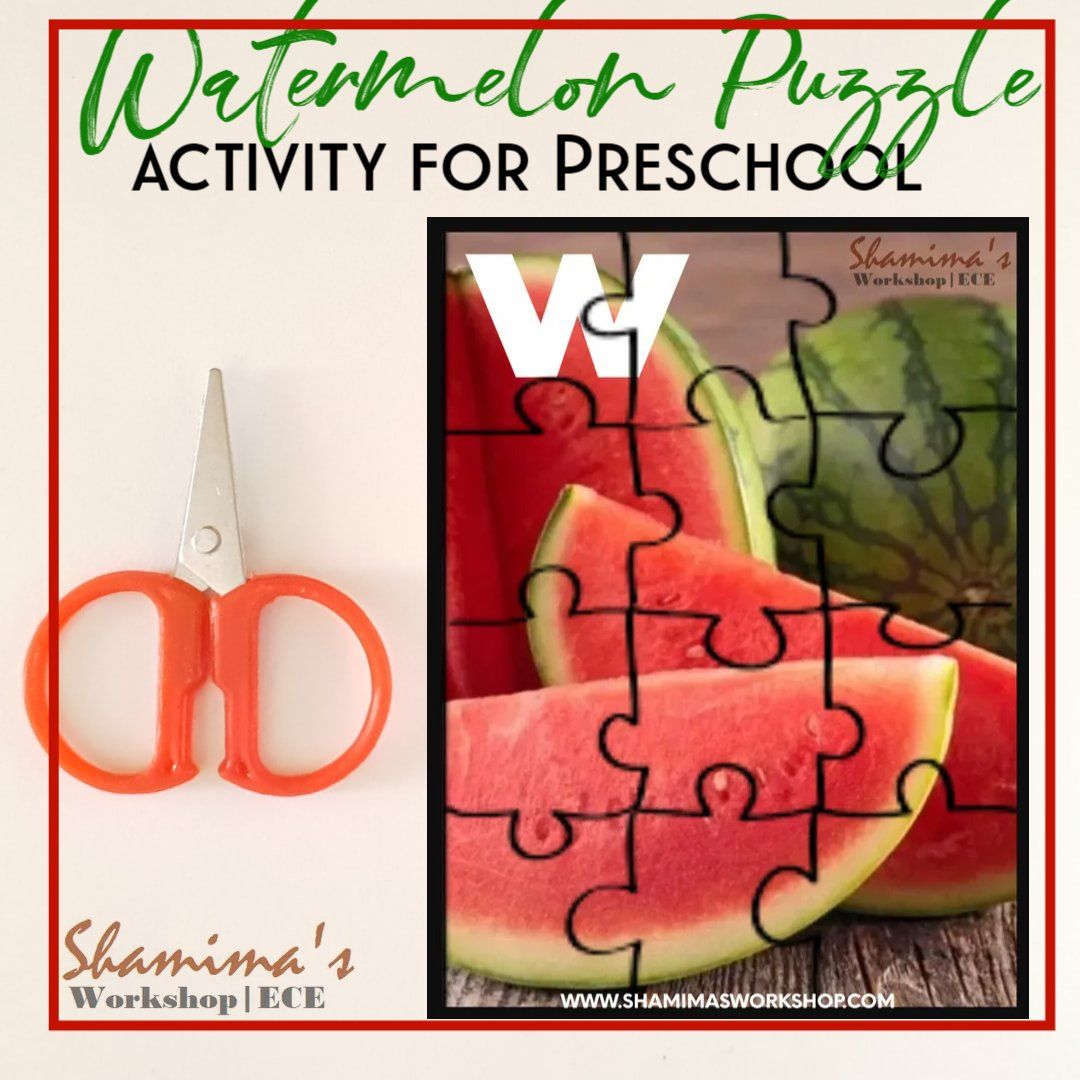
Watermelon Puzzle Activity
Watermelon Puzzle is a great early literacy activity and excellent tool for developing fine motor skills. Cut the picture and then, cut the pieces apart and put them in a resealable plastic bag. Children have to pick them up, turn them and hold them carefully to join them together to complete the puzzle. laminate the puzzles so your children can use them over and over.
MATHEMATICS
WATERMELON SEEDS ROLL, WRITE & COUNT!
This math game that will get children counting and learning their numbers - perfect for summer learning! You can used with pom poms, buttons, watermelon seeds, or anything else you can think of. Print the mat, roll the dice, then write the number you roll, then count out that many watermelon seeds! If you laminate the mat or slide it into a page protector, you can use it again and again with a dry erase marker.
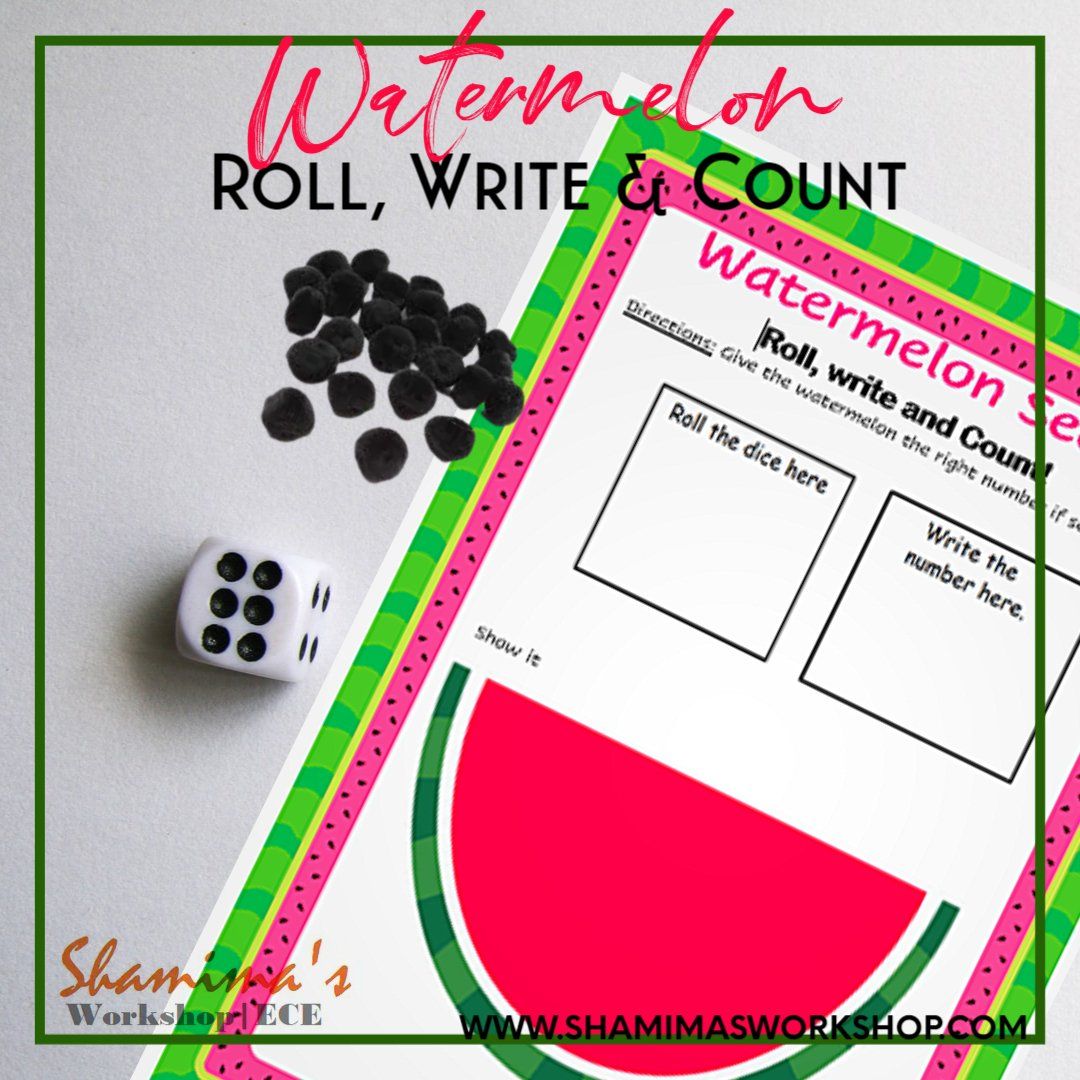
WATERMELON PLAYDOUGH NUMBER ACTIVITY
Print watermelon number cards 0-10 . Take play dough and black beans. `Black beans are great in place of watermelon seeds. You could use real seeds if you want, but it’s much faster to use black beans than to pick seeds out of watermelon. Let the child select any flashcard, then make watermelon with play dough, and use black beans to count out the correct number of seeds according to the watermelon flashcards.
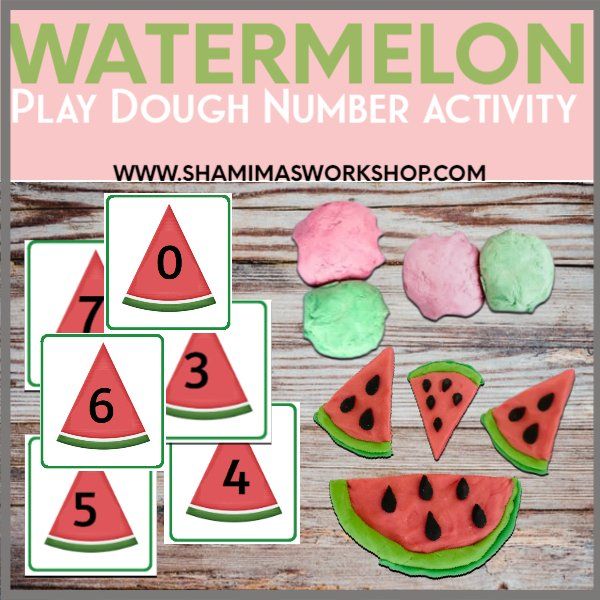
SCIENCE & DISCOVERY
WATERMELON LIFE CYCLE
Get your children ready for science with this watermelon life cycle flashcards and worksheet. These would be a great addition to watermelon themed unit. You could use the life cycle graphic as part of your instruction and then provide children with each image to cut and paste in the correct order to demonstrate their understanding.
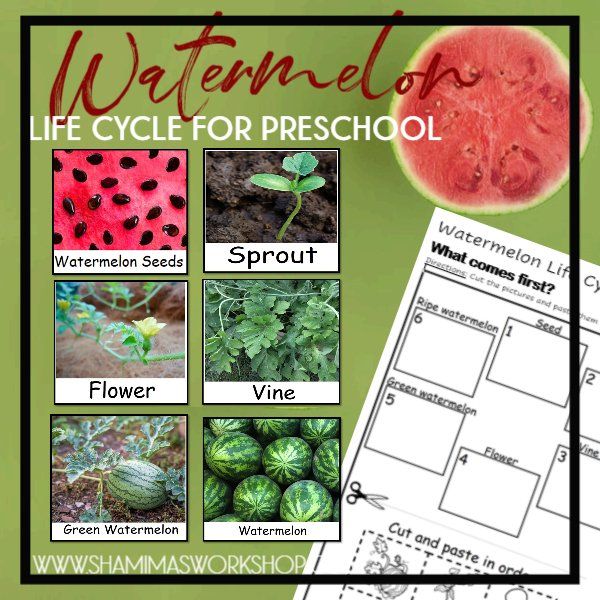
Grab your Pack!
PRINTABLE WATERMELON THEME LESSON PLANS
Save time and get right to the playful learning with our printable lesson plan sets. Each set includes over 30 playful learning activities related to the theme.
Welcome

Hi, i am Shamima Fowzee, an early years educator, trainer and consultant. I Share ideas, inspiration, & resources for play-based, inquiry-led learning. Find out more about me here.
SHOP NOW
RECENT POST
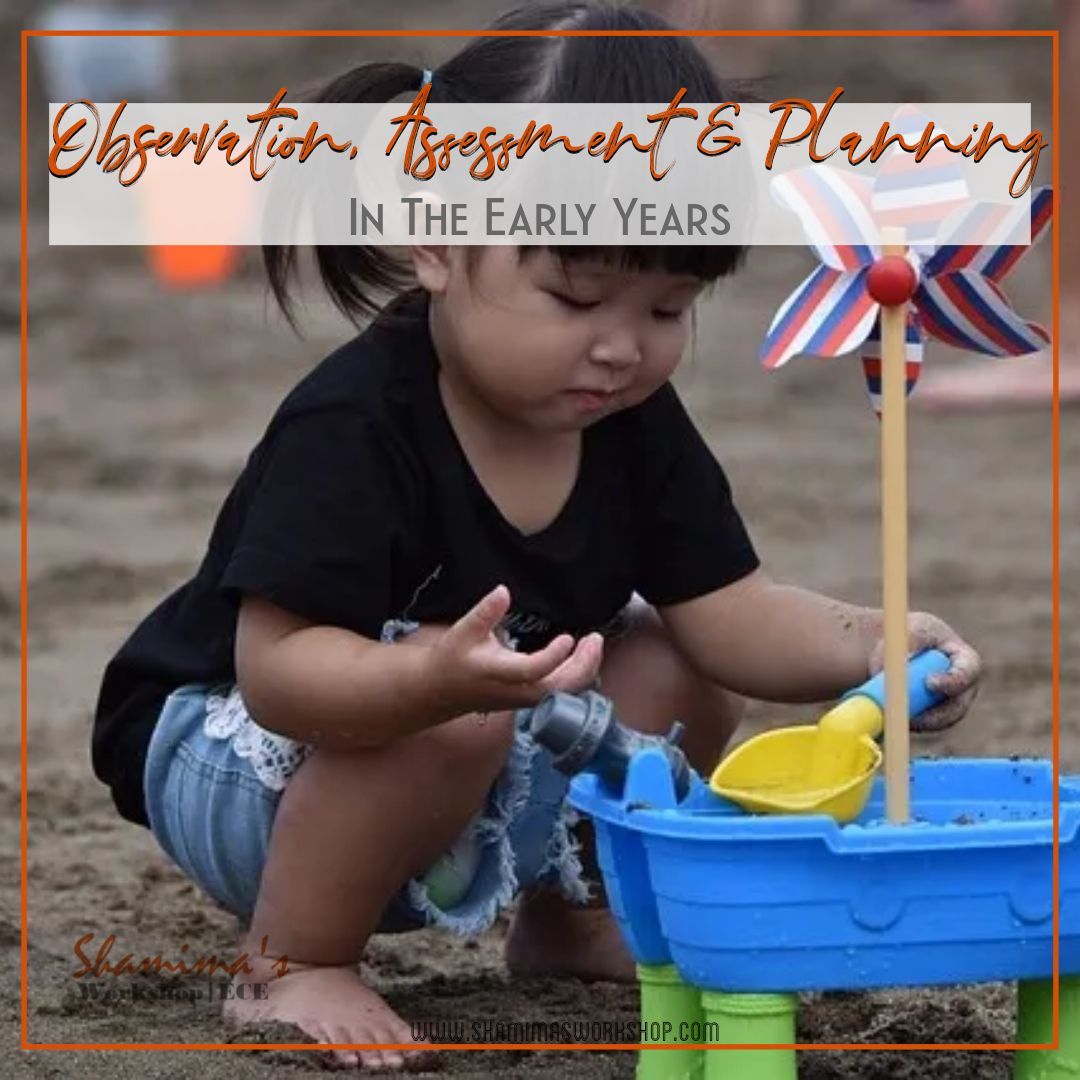
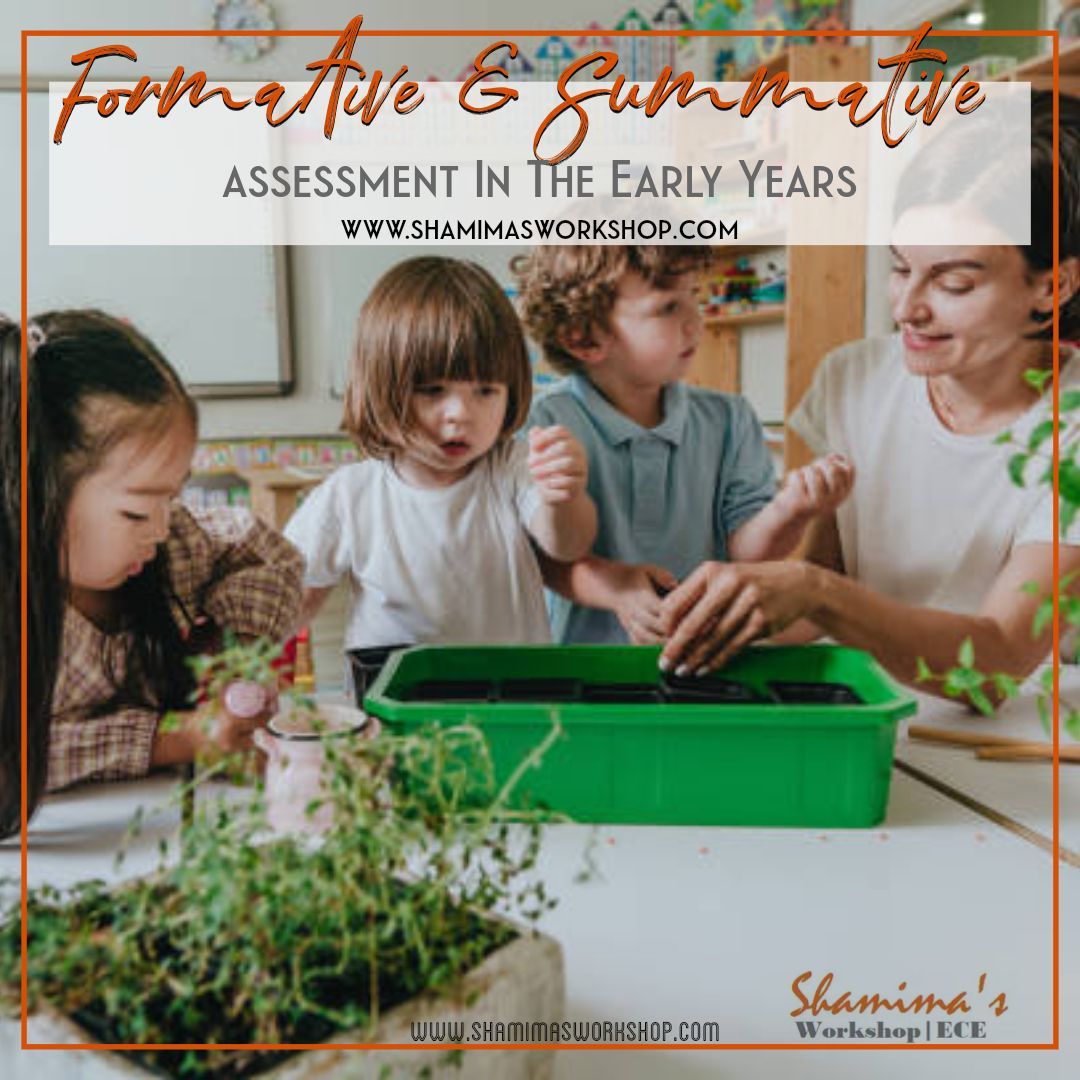
How can I thank you? Spread the word!
For everyone who is passionate about the importance of Early Years.

